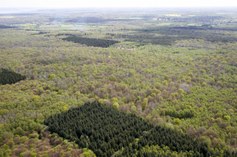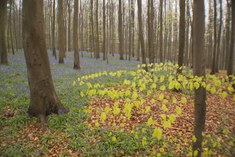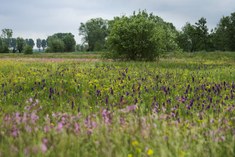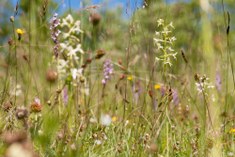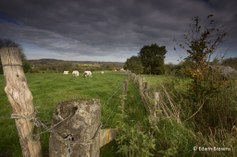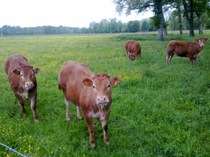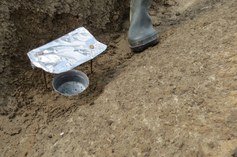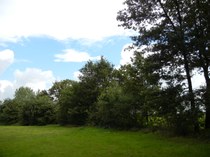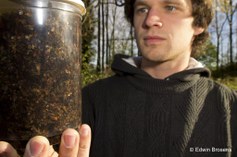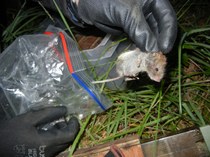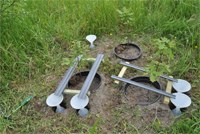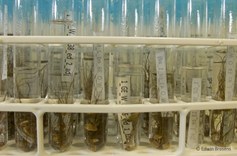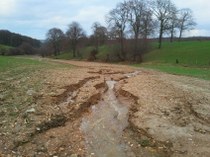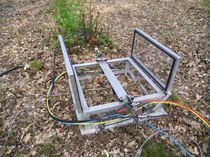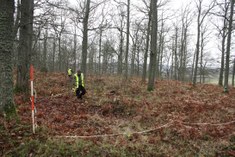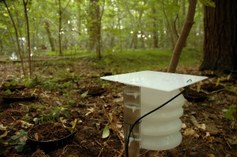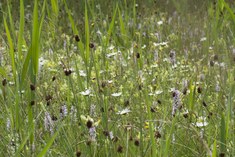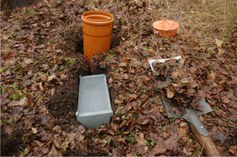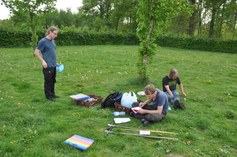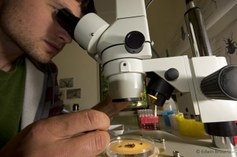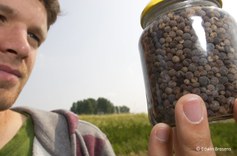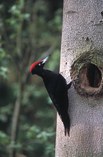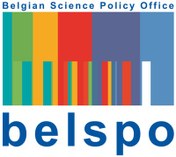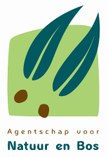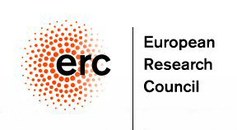Projects ForNaLab
Research projects
Explore the research of ForNaLab by Current and Finished projects.
Projects are categorised by their Ecosystem (Forests, Semi-natural grasslands and Agro-ecosystems) and are tagged with their Research themes.
Ecosystems
ForNaLab studies the interactions between the ecological processes, composition, structure, and management of terrestrial ecosystems in temperate regions.
1. Forests
ForNaLab has studied temperate forest ecosystems around the world, i.e., in Europe, North America, and South America. The focus of the forest research lies on (1) understanding the links between tree diversity and forest ecosystem functioning; (2) gaining insight into the impact of global changes on forest diversity, structure, and functioning; and (3) evaluating measures for sustainable, adaptive forest management aimed at optimizing biodiversity and multiple forest ecosystem services. A broad array of experimental and observational approaches are used to tackle the research questions.
2. Semi-natural grasslands
To counteract the loss of species-rich grasslands and heathlands throughout Europe and other parts of the world, agricultural land is converted into semi-natural ecosystems. However, in spite of these restoration and management efforts, much is still unknown about how ecosystem development proceeds, and whether aboveground developments are indicative for restoring and conserving communities and processes in the soil. We therefore study ecological restoration of semi-natural grasslands and heatlands, and focus on multiple factors. We aim to improve our understanding of how nutrient availability and soil biota interact in modulating plant community development trajectories. Our research combines both fundamental and more applied research, large-scaled mesocosm experiments and observational studies to understand the underlying mechanisms and to be able to give science-based advice to managers.
3. Agro-ecosystems
The dominant land use in many landscapes in northwestern Europe is agriculture. Due to land-use intensification, biodiversity in agricultural landscapes has strongly declined. However, more and more it is recognized that biodiversity conservation and restoration in agro-ecosystems is important to help maintaining the delivery of multiple ecosystem services. Research at ForNaLab focuses on gaining a better understanding of the role of woody elements (hedgerows, small forest patches, agroforestry plantations, short rotation coppice systems, etc.) and other agri-environment measures (e.g. buffer strips, reduced fertilization) for biodiversity conservation and ecosystem service delivery in agricultural landscapes.
Research themes
ForNaLab investigates forest and grassland ecosystems in temperate regions to provide advice for policy and management. The research projects of the lab are clustered around four research themes.
1. Biodiversity – ecosystem functioning
The functional biodiversity research at ForNaLab focuses on the effects of tree species diversity on the associated diversity of, e.g., the herb layer and soil-dwelling arthropods, and ecosystem services such as tree growth and nutrient cycling. We aim to (1) provide hands-on advice to forest managers on which tree species or tree species combinations maximize forest ecosystem performance and functioning in various environmental contexts and (2) inform policy makers about the role of biodiversity conservation in forests.
2. Impacts of global changes
An ever-increasing mixture of anthropogenic stresses is acting on ecosystems worldwide. The most important threats for the biodiversity and functioning of temperate forests are land-use change, fragmentation, elevated atmospheric deposition, and climate change. ForNaLab studies the effects of these global changes on the trees, herb layer, and belowground soil biota of temperate forests across the globe. The research results help policymakers and forest managers in developing urgently needed strategies to adapt to global change.
3. Ecological restoration
Worldwide, biodiversity is deteriorating due to severe ecosystem fragmentation and high environmental pressure. Alarmed by the worldwide loss of biodiversity, several international initiatives are taken to gather knowledge on biodiversity conservation and ecosystem restoration. The EU realizes that conservation of habitats and biodiversity is important for the maintenance of ecosystem functions and the provision of ecosystem services. Member states are urged to take measures for maintaining and restoring natural habitats and need to stipulate conservation targets for different habitat types and species. In Flanders, minimum 25.000 ha new natural habitat has to be created to fulfil these targets, mainly on agricultural land. The restoration of natural habitats on former agricultural land faces major bottlenecks, however, and restoration has shown variable success.
We are building a knowledge centre of expertise on the topic of ecosystem restoration, from a fundamental and a practical point of view. The results of our research yield novel insights for ecosystem management and restoration and directly support the education of ecosystem managers and university students.
4. Management for multiple ecosystem services
Ecosystems provide a multitude of services to society. Traditionally, ecosystems have been managed to optimize the provisioning services such as wood production, but the importance of the regulating and cultural ecosystem services is increasingly recognized. Hence, we need to develop management strategies that optimize a multitude of services, seeing that society may value certain ecosystem services differently over time and from one place to another.
Research funding

